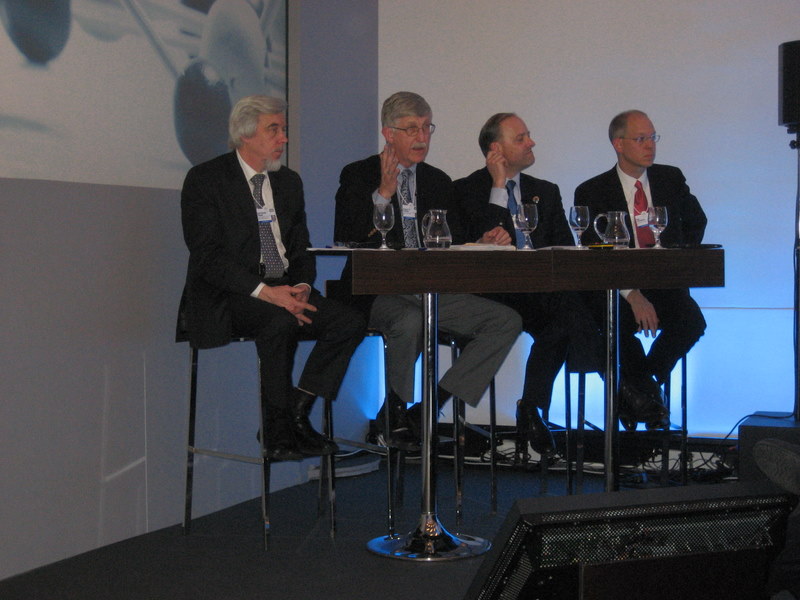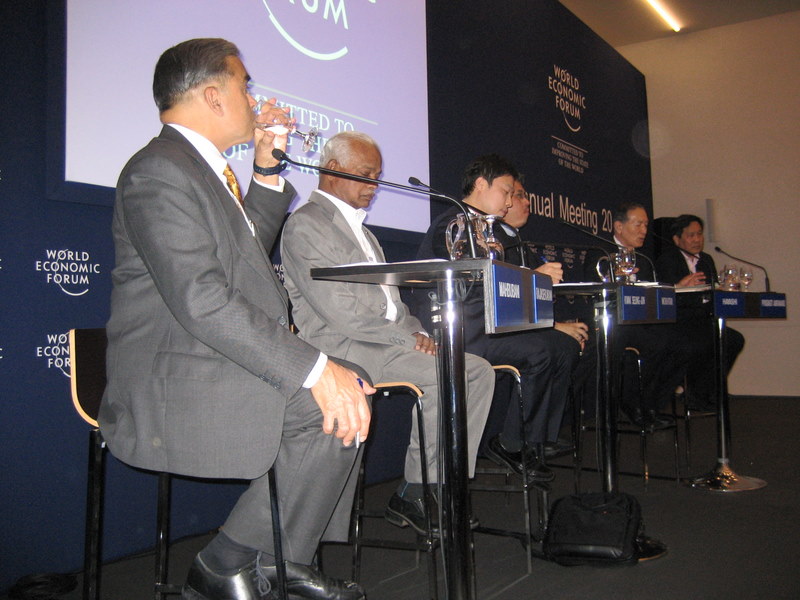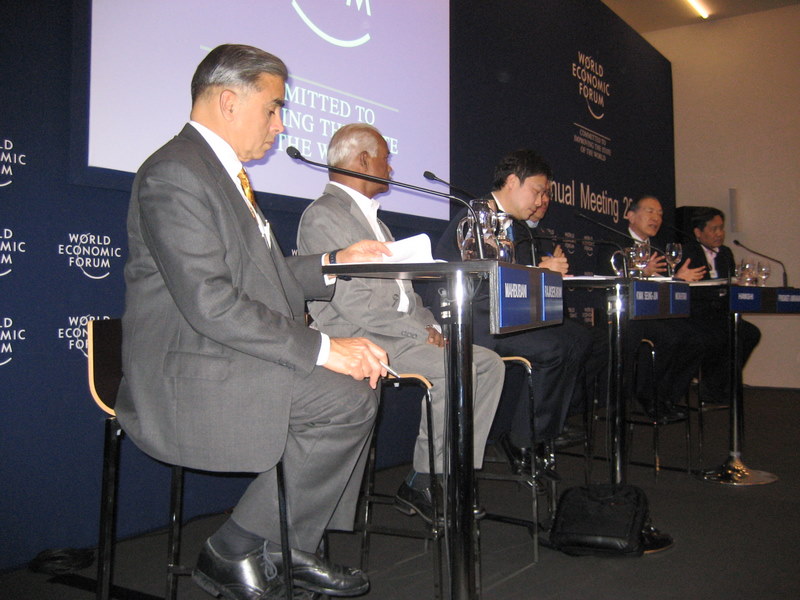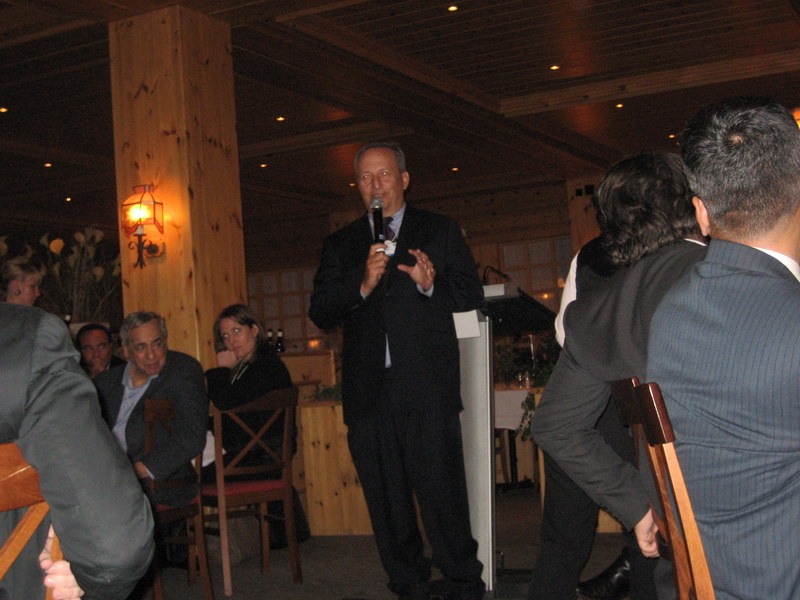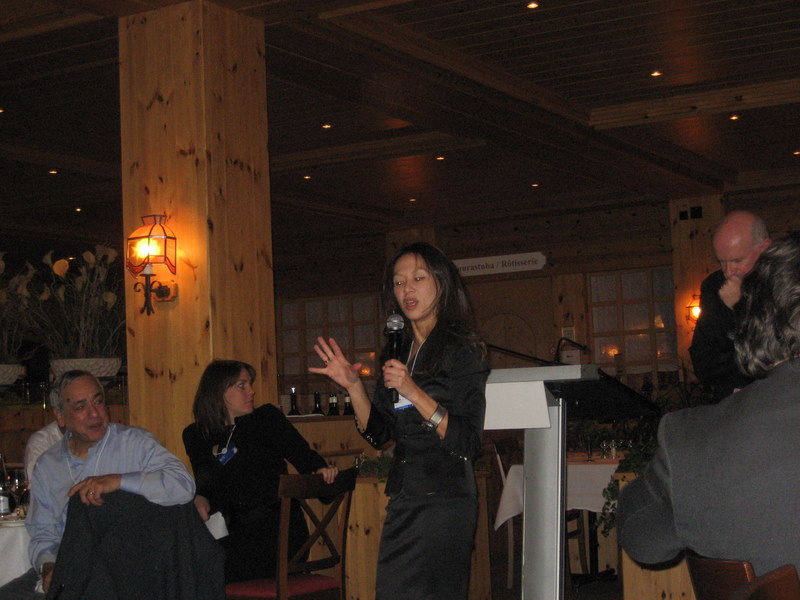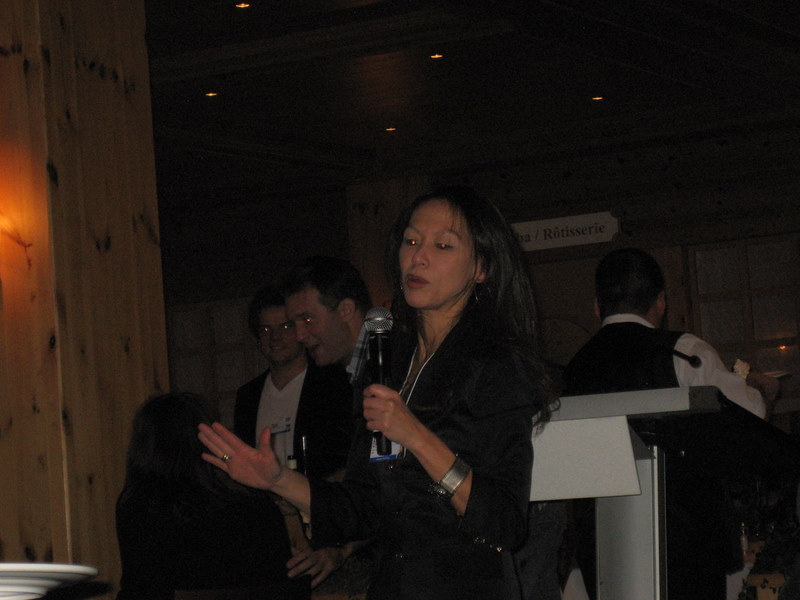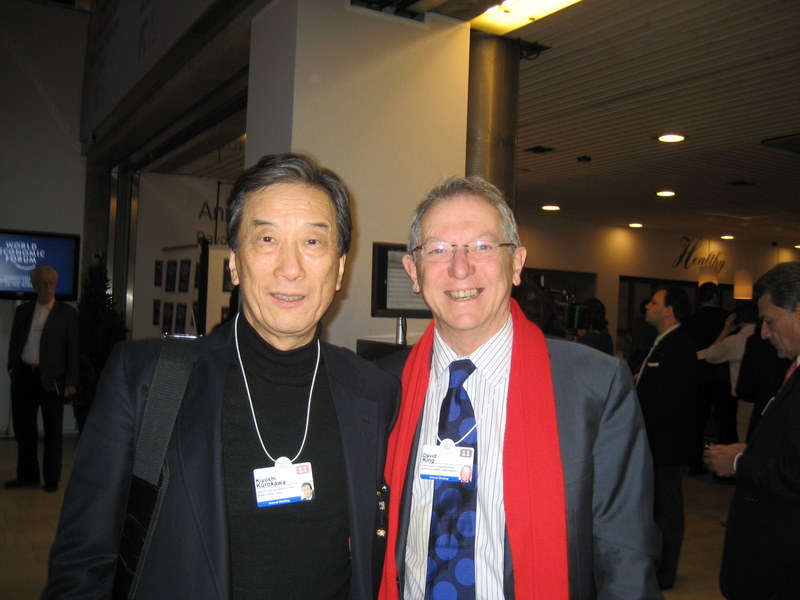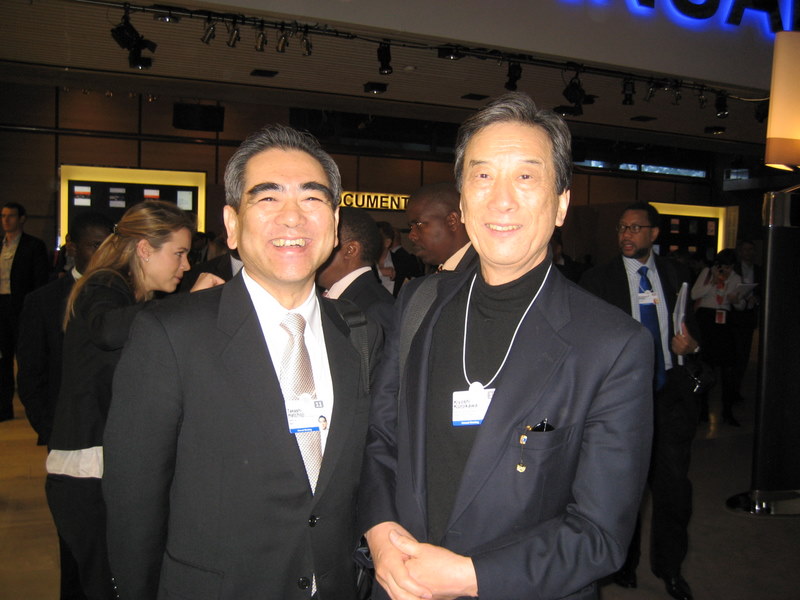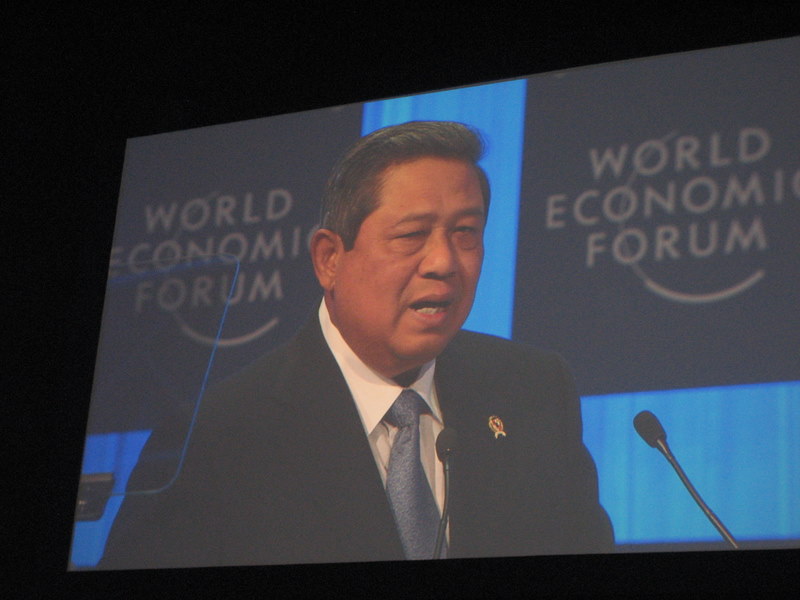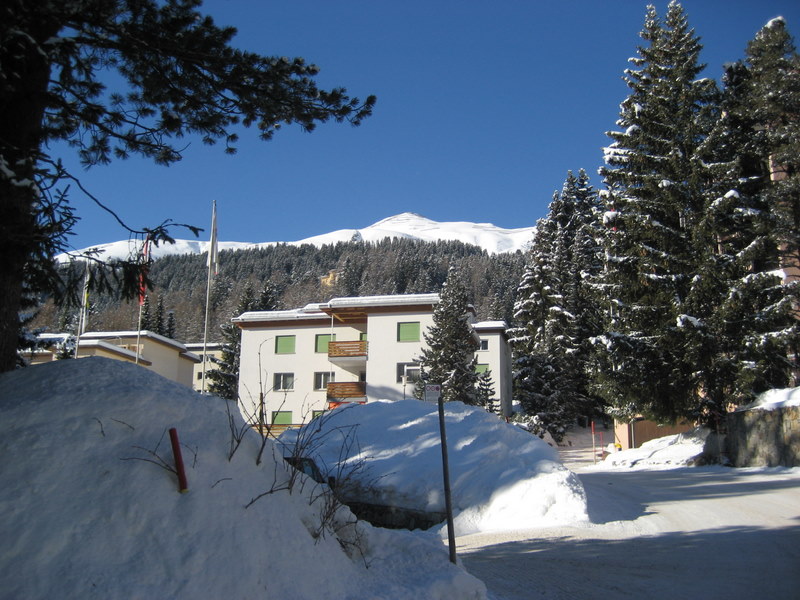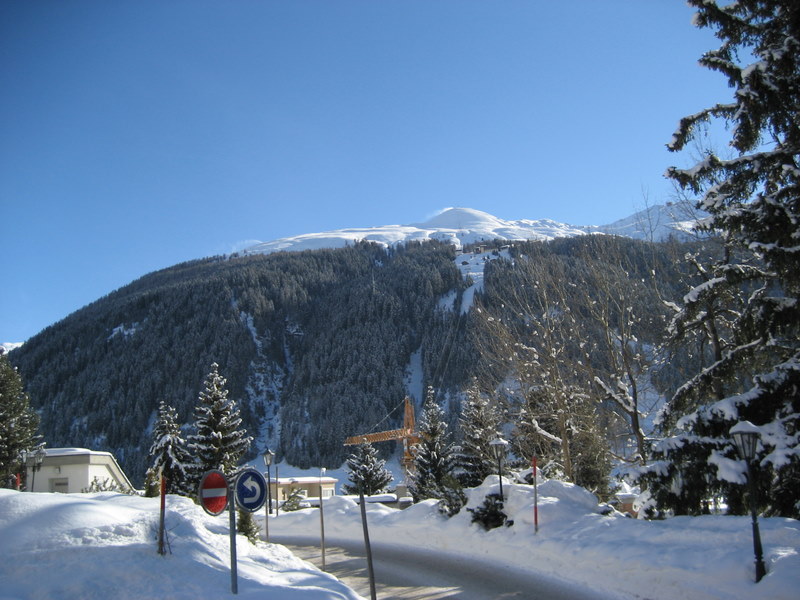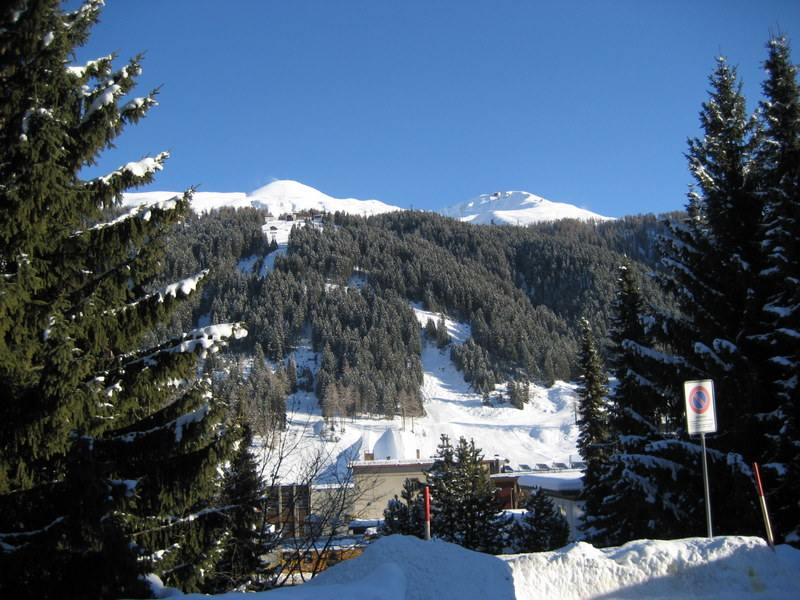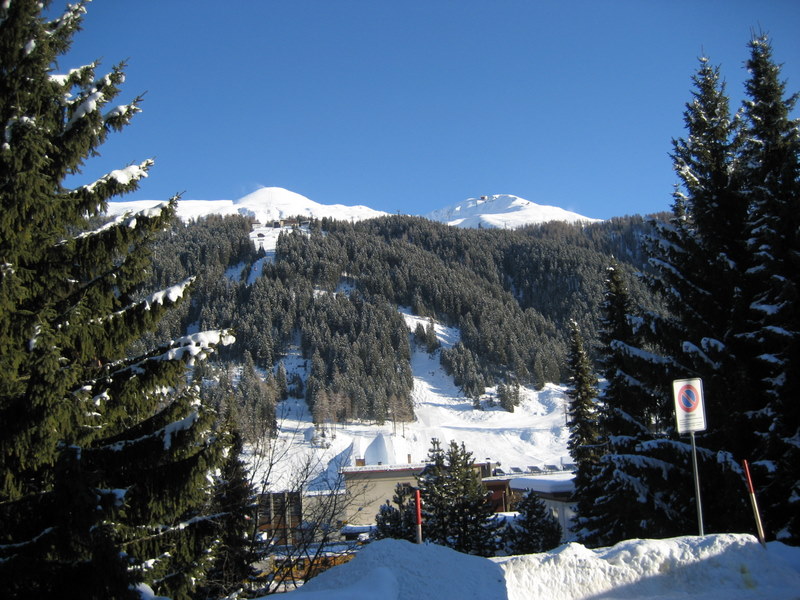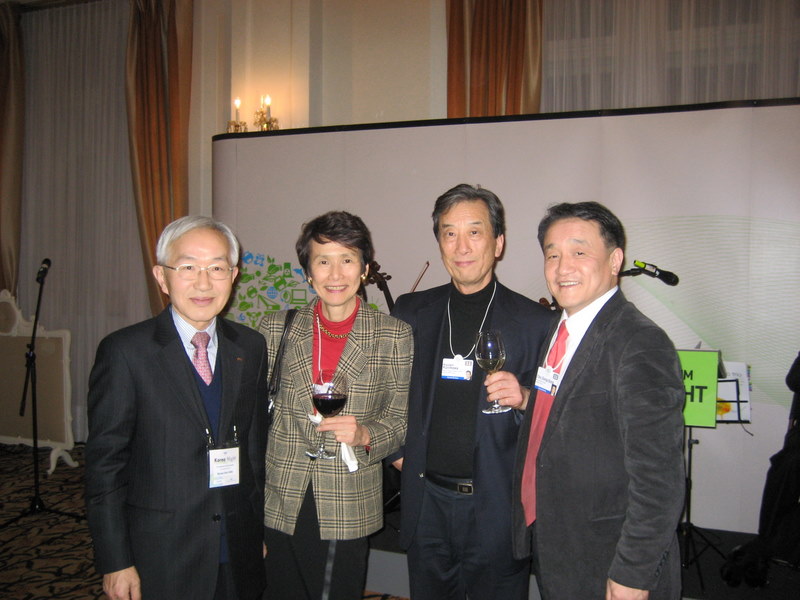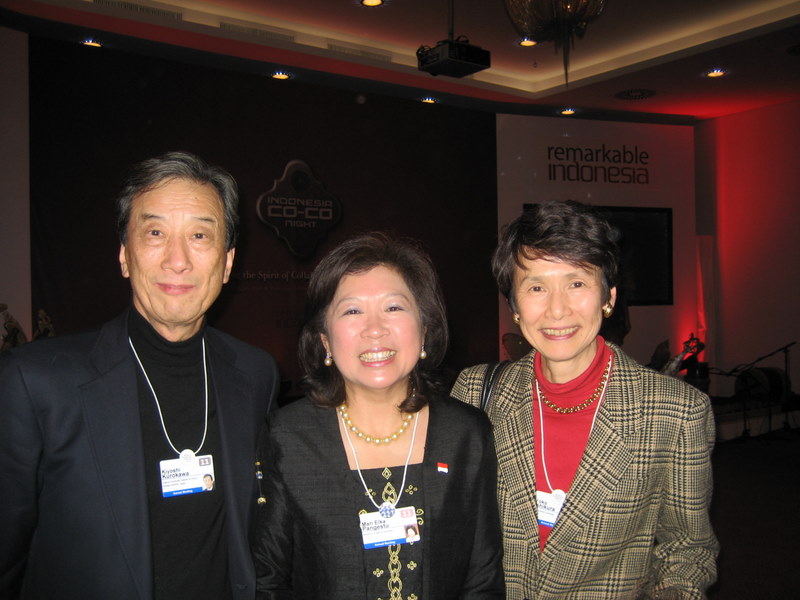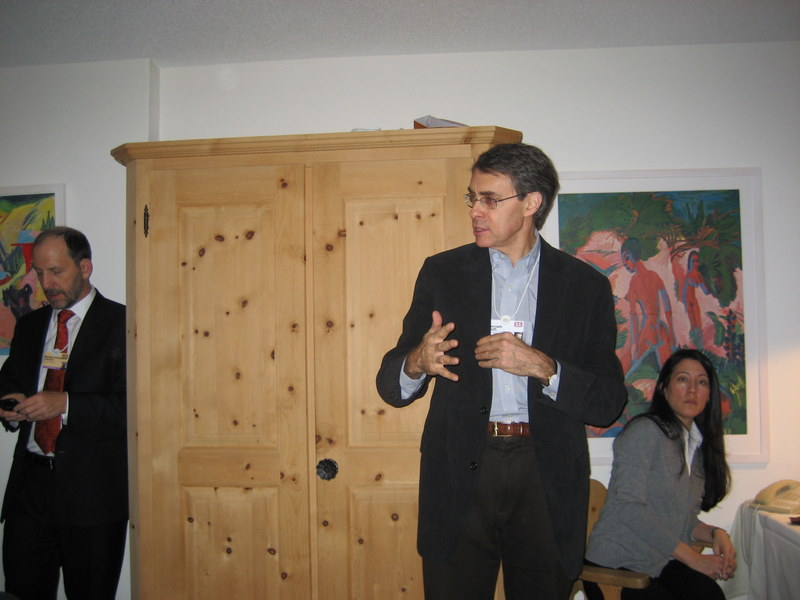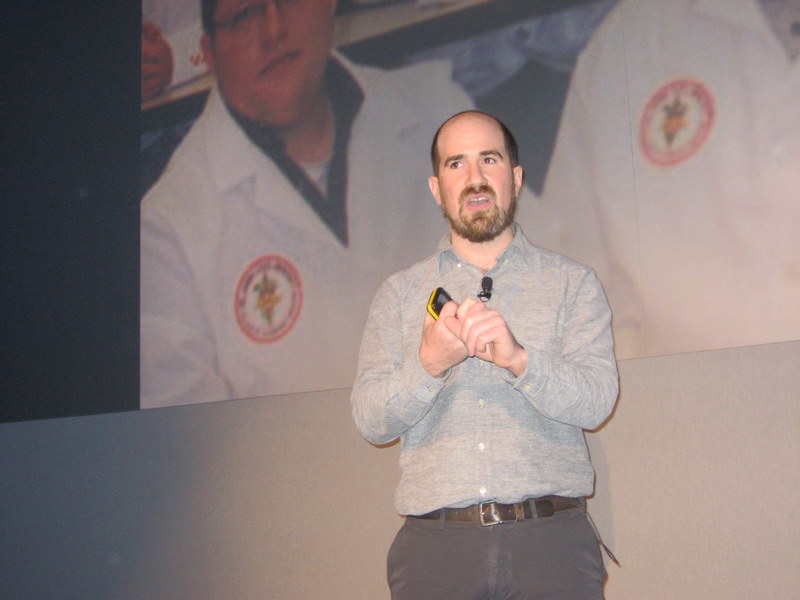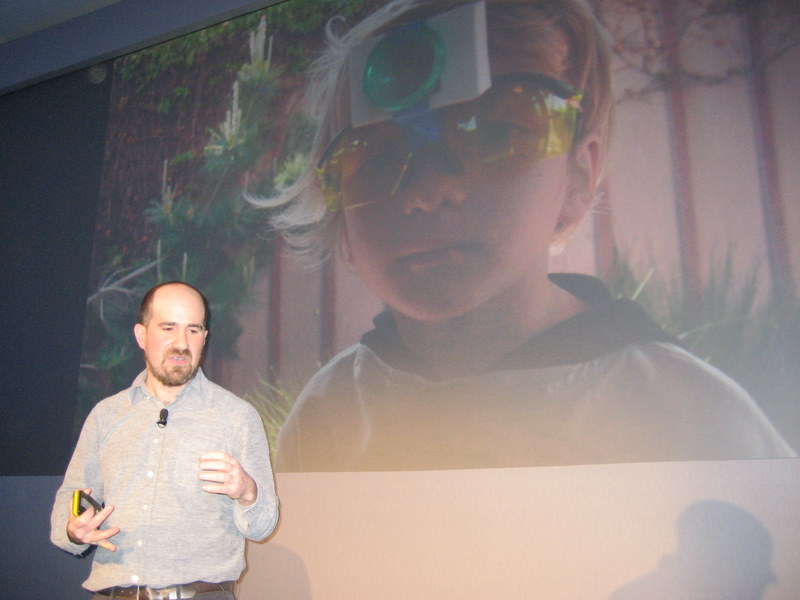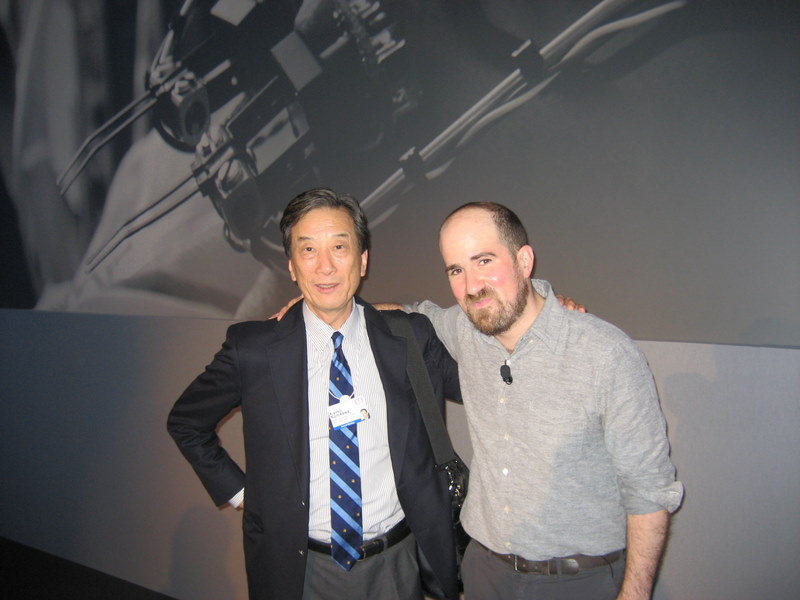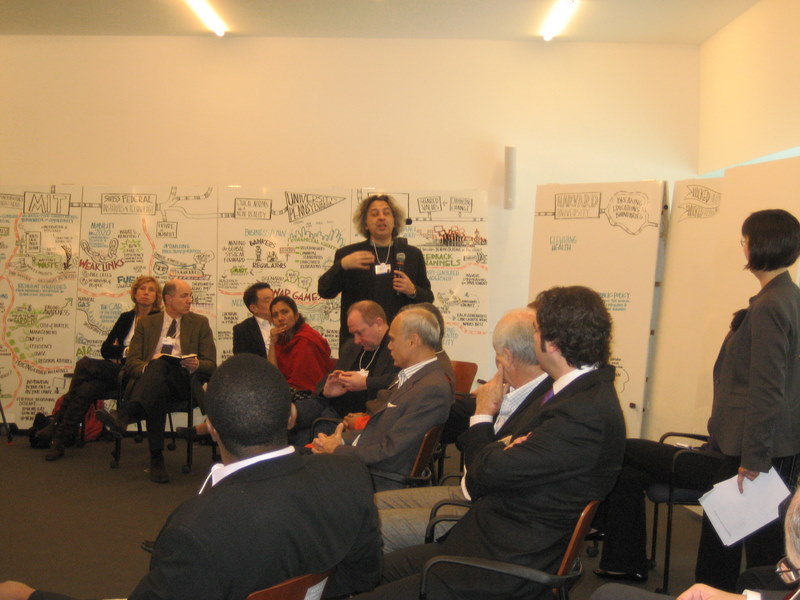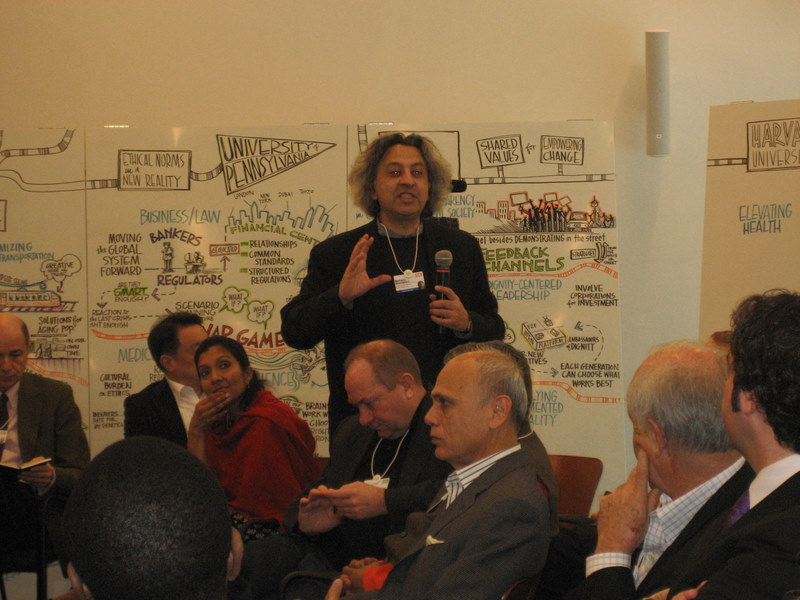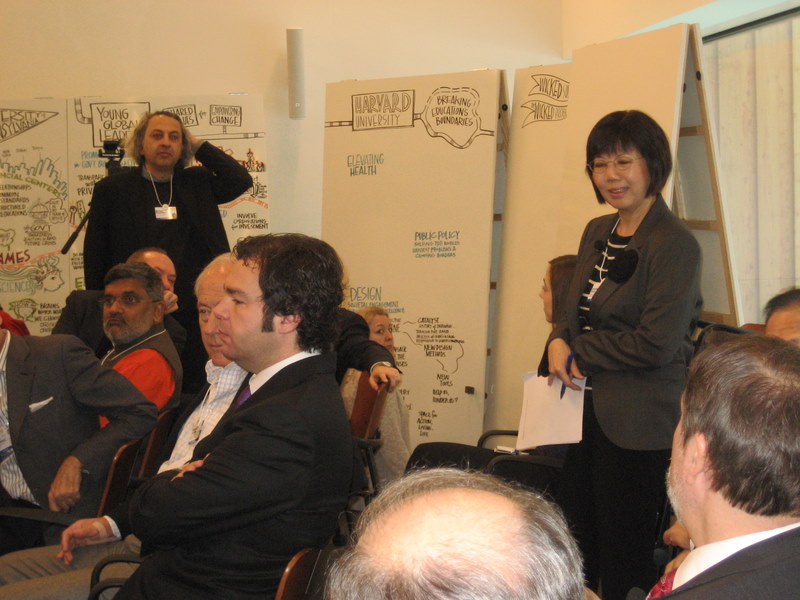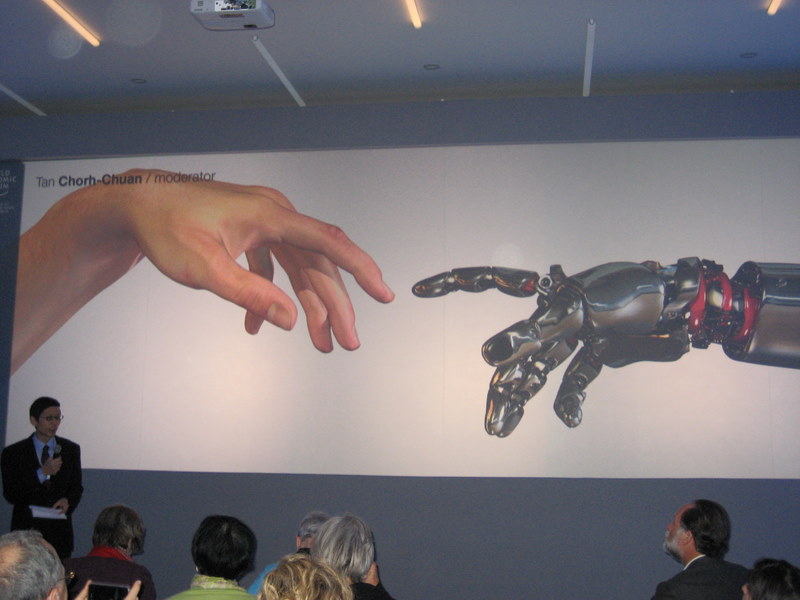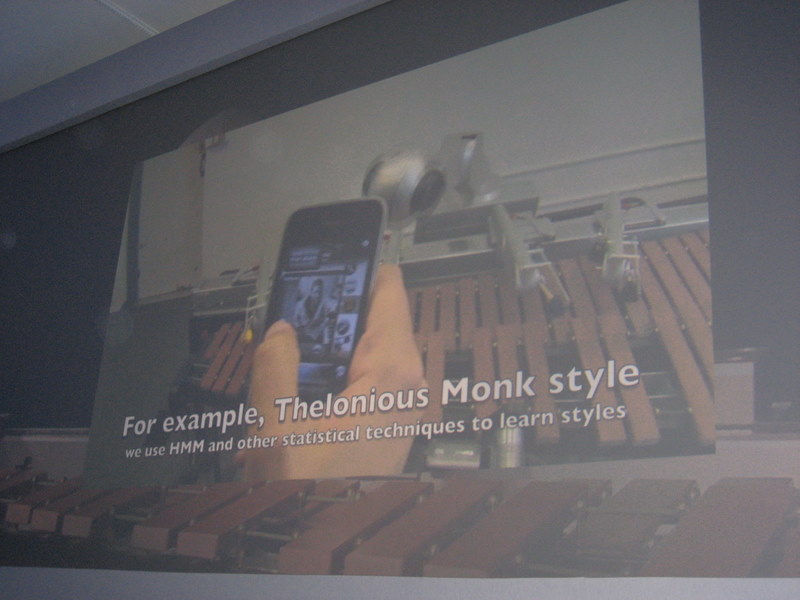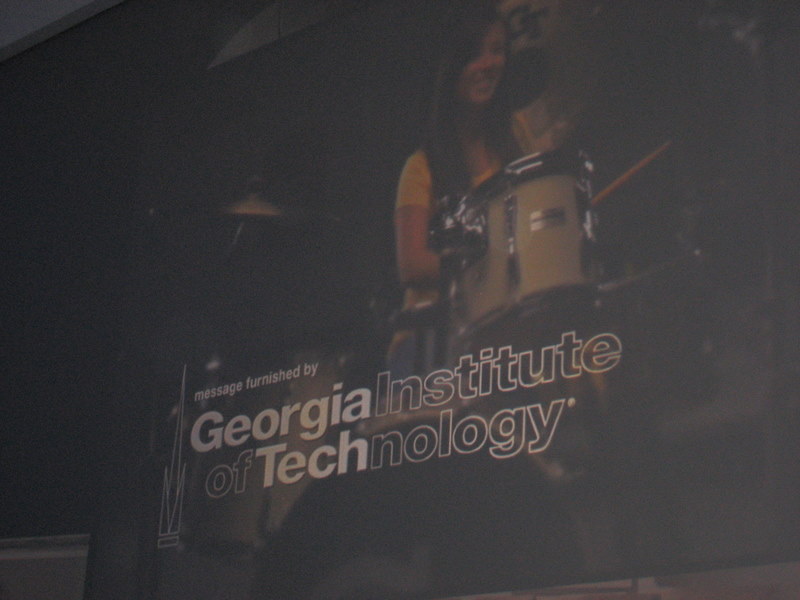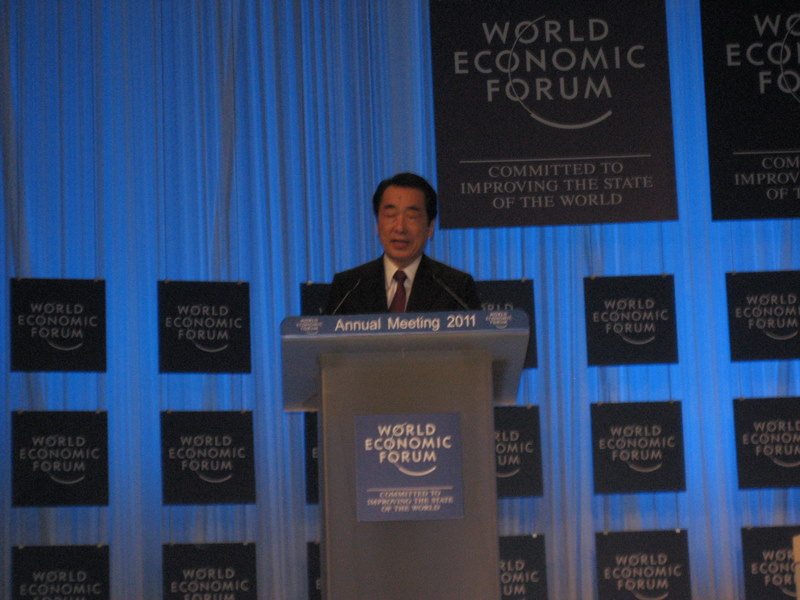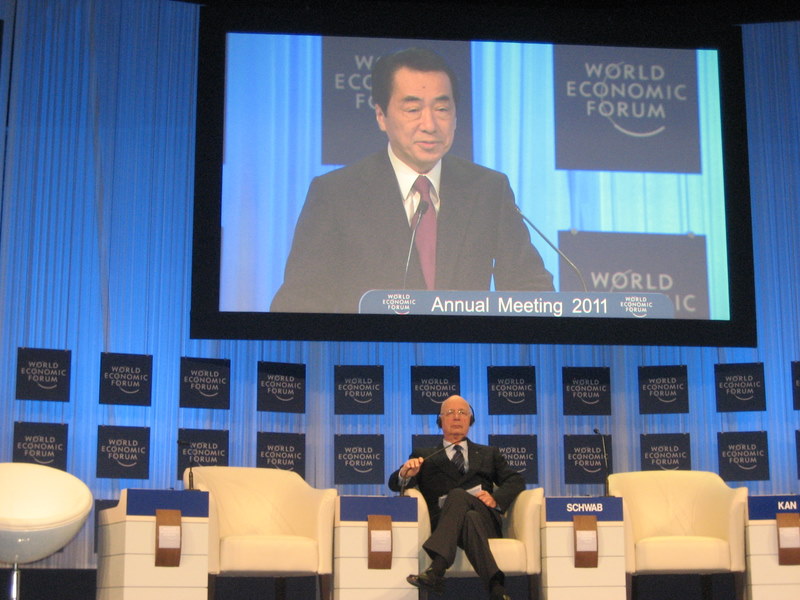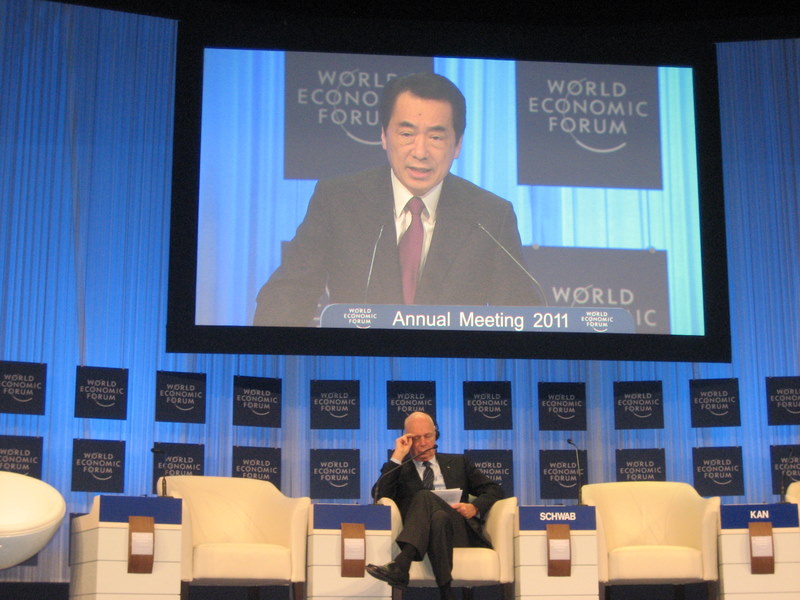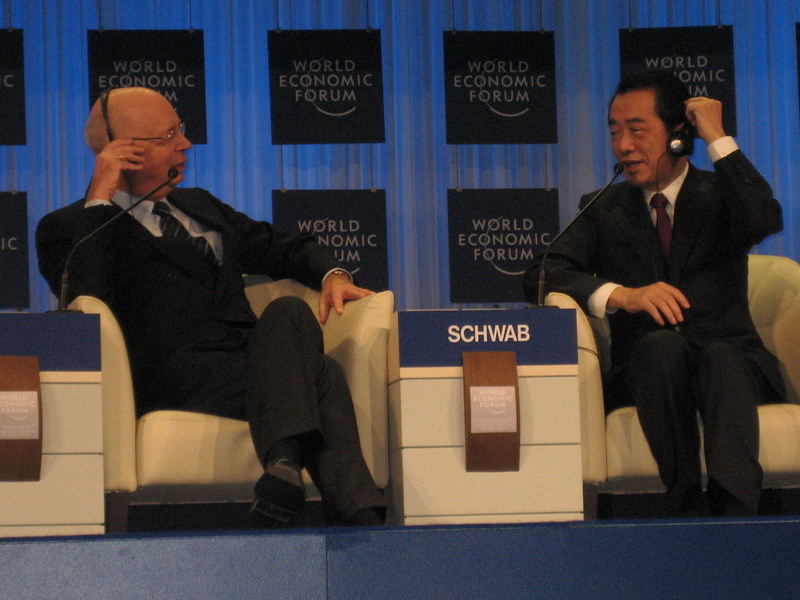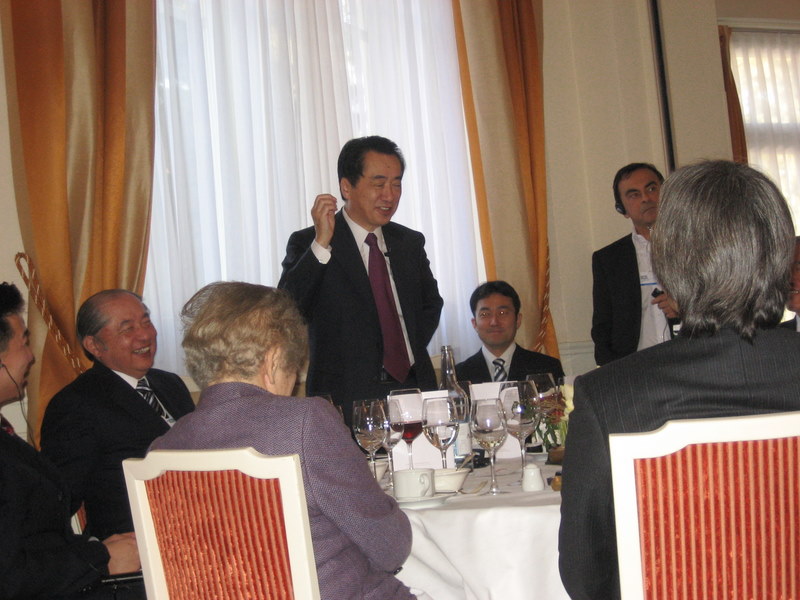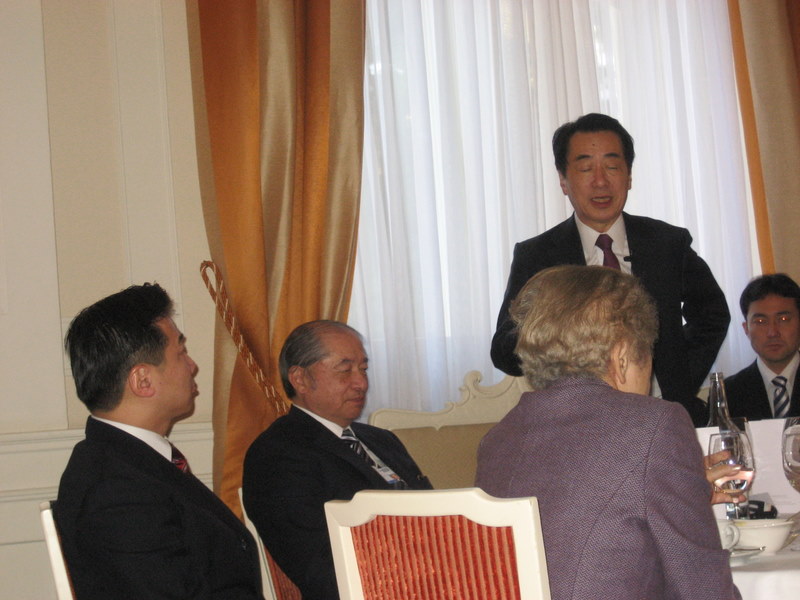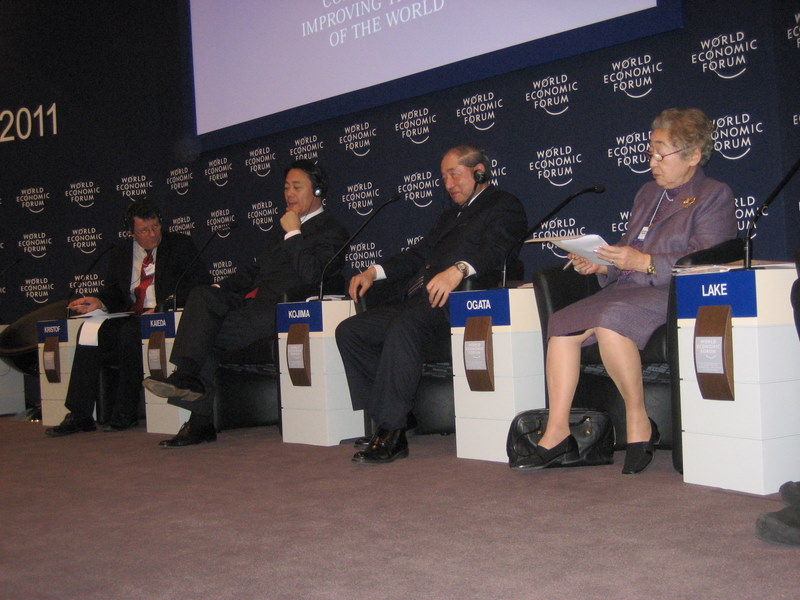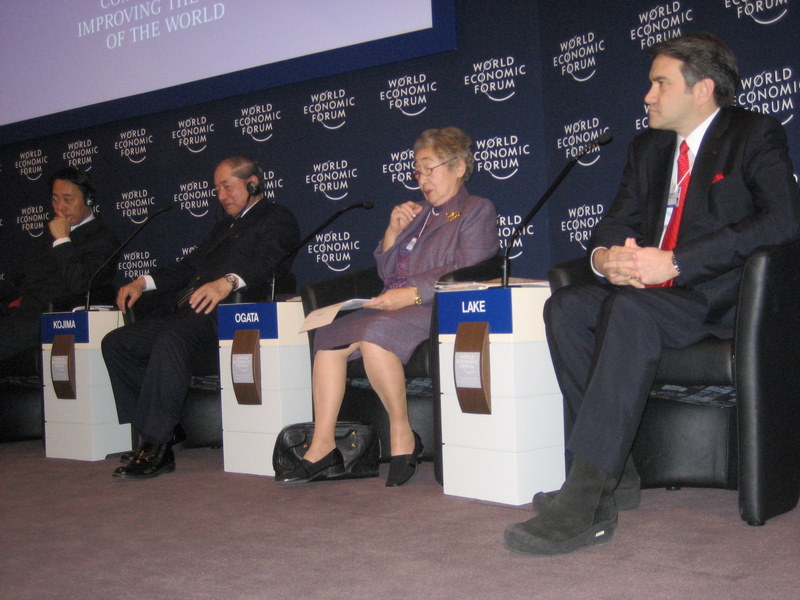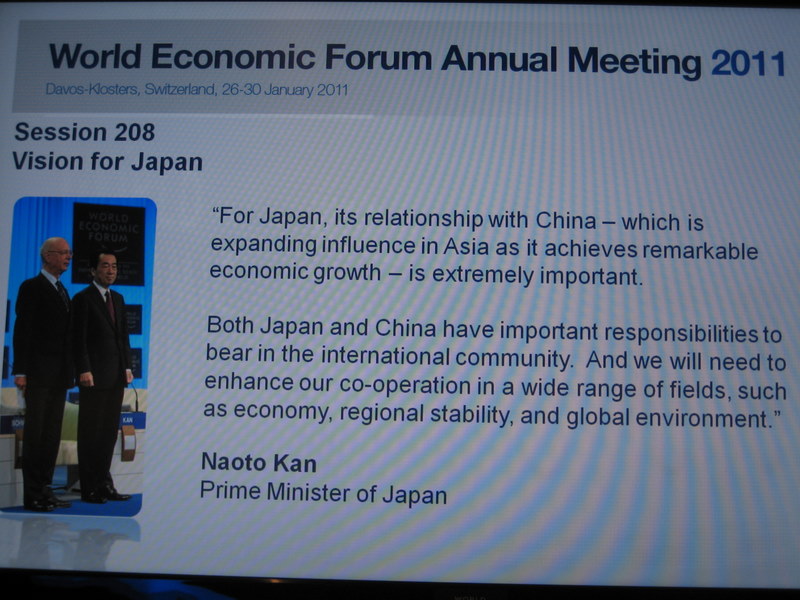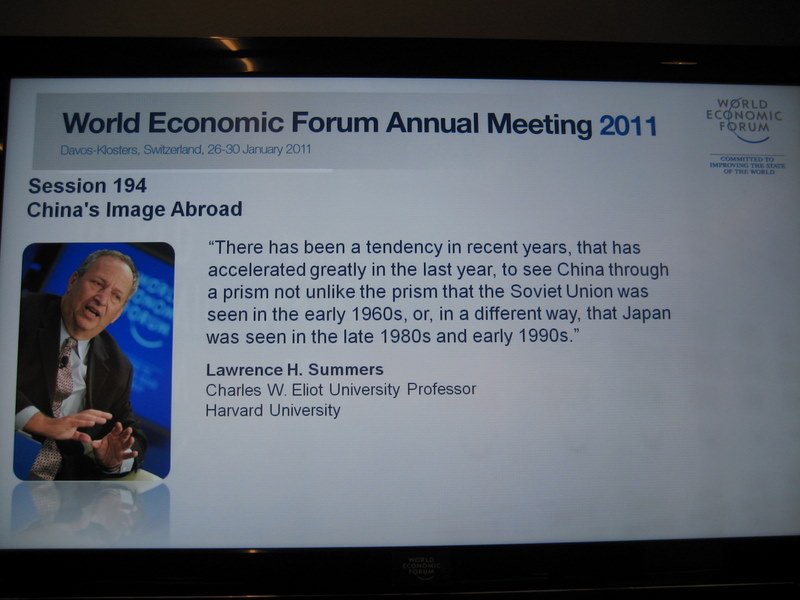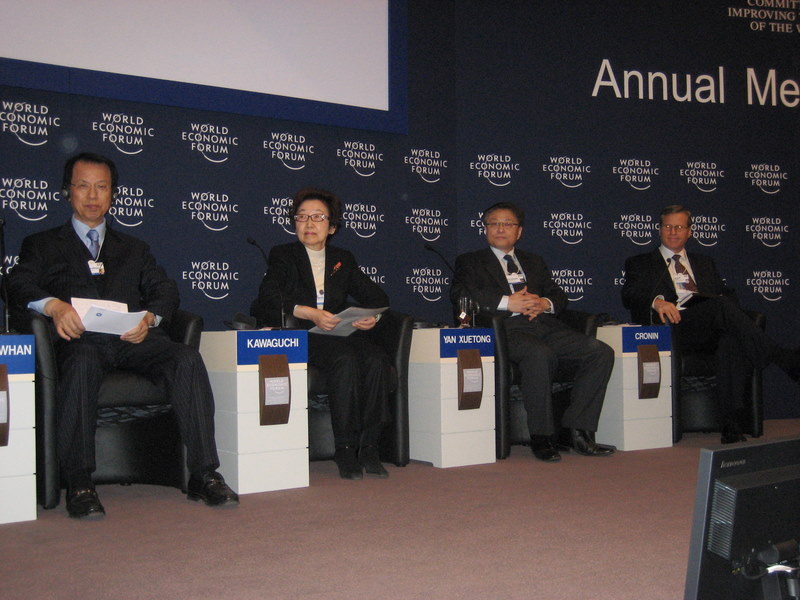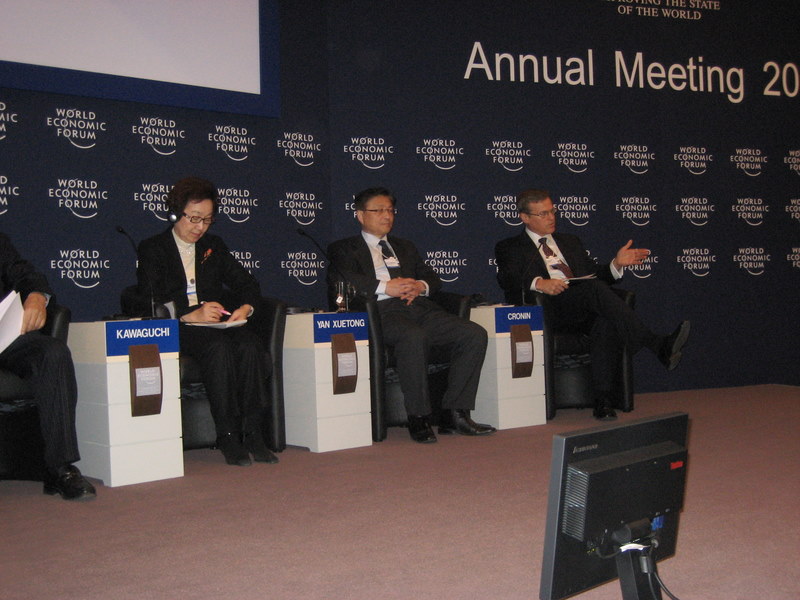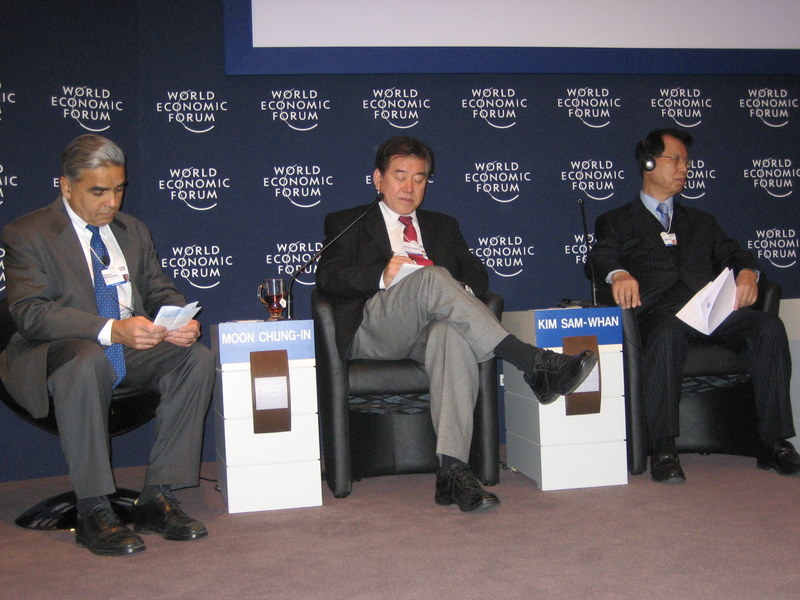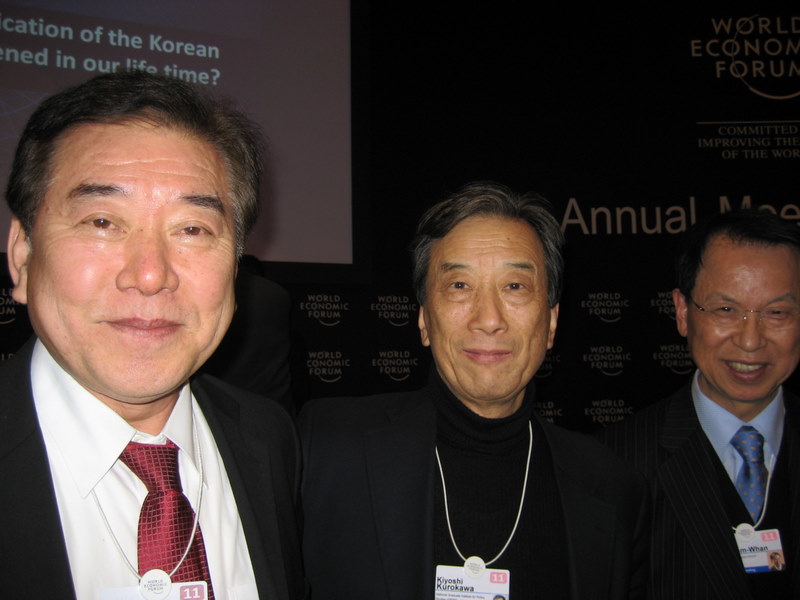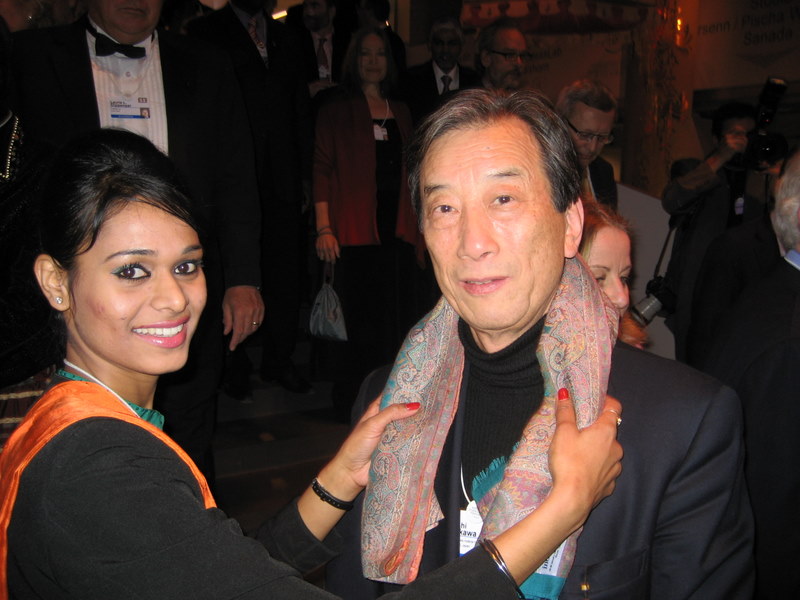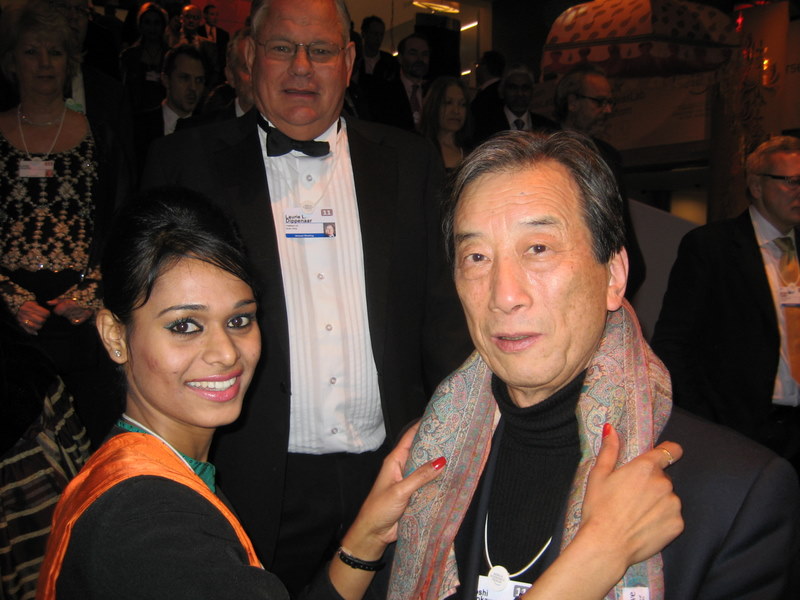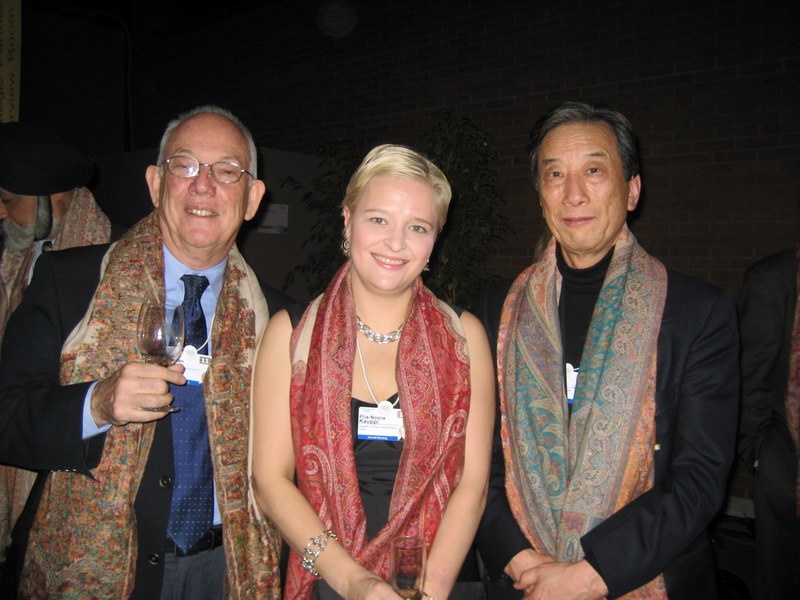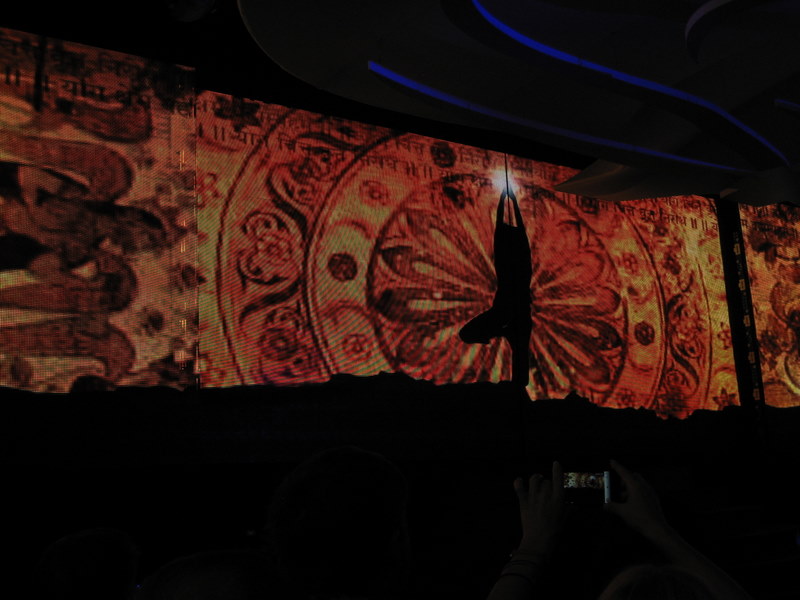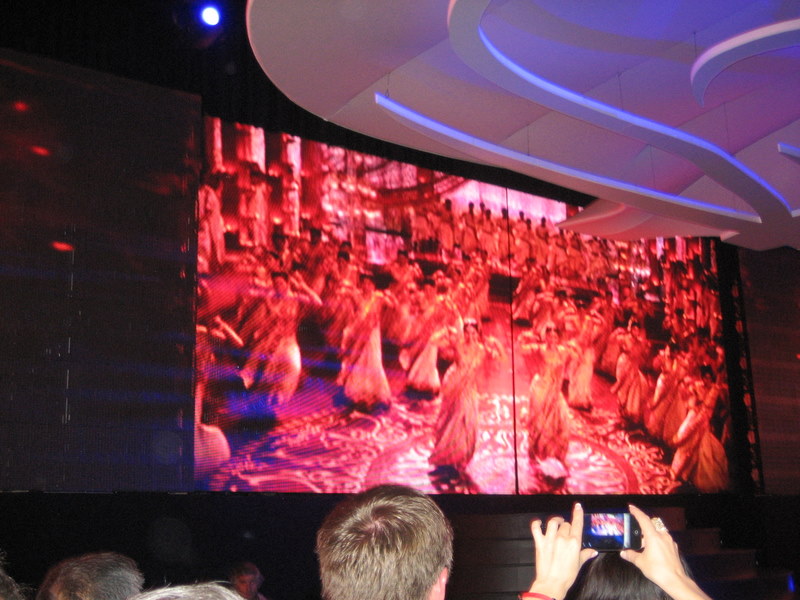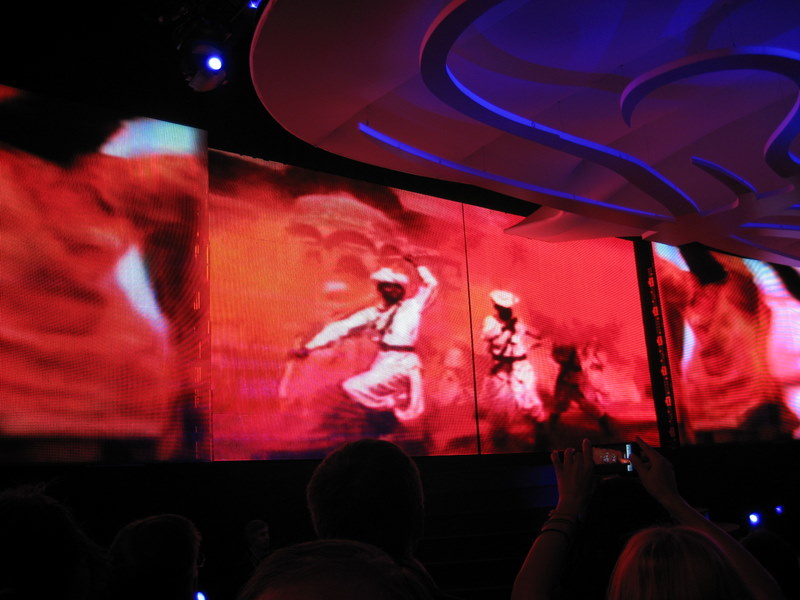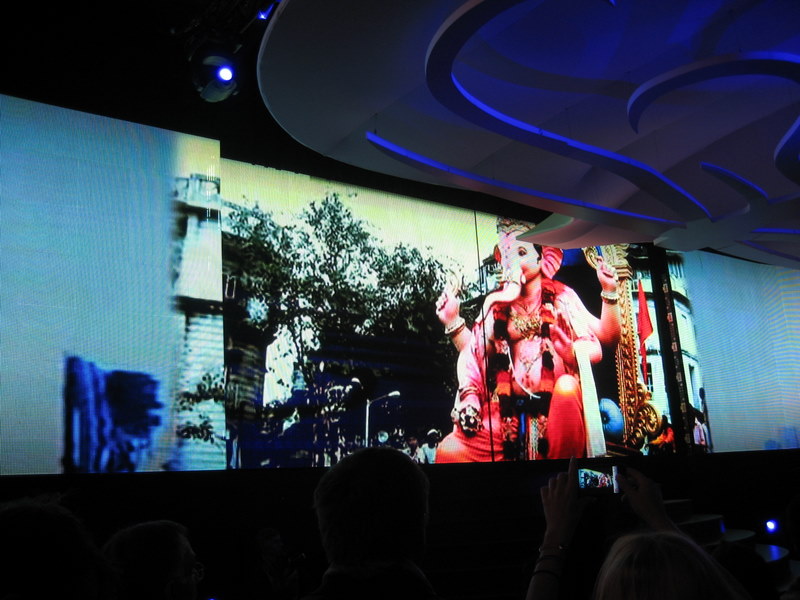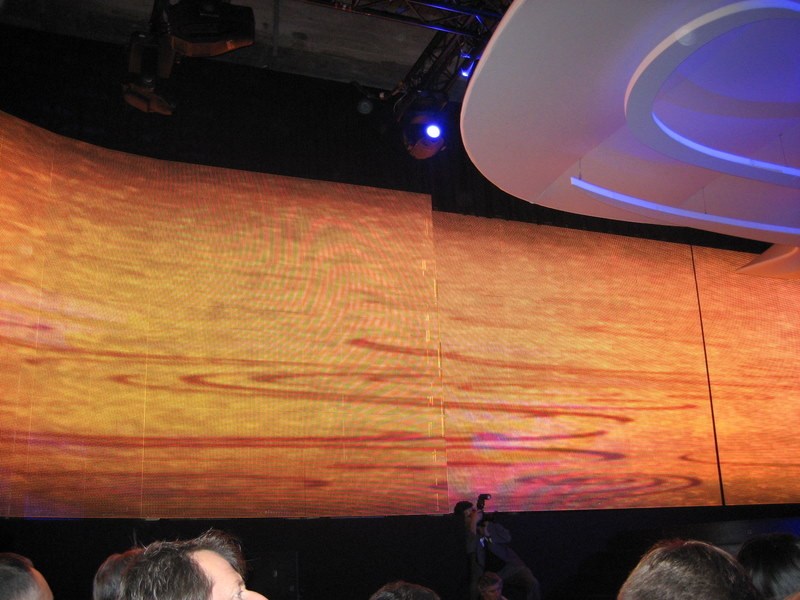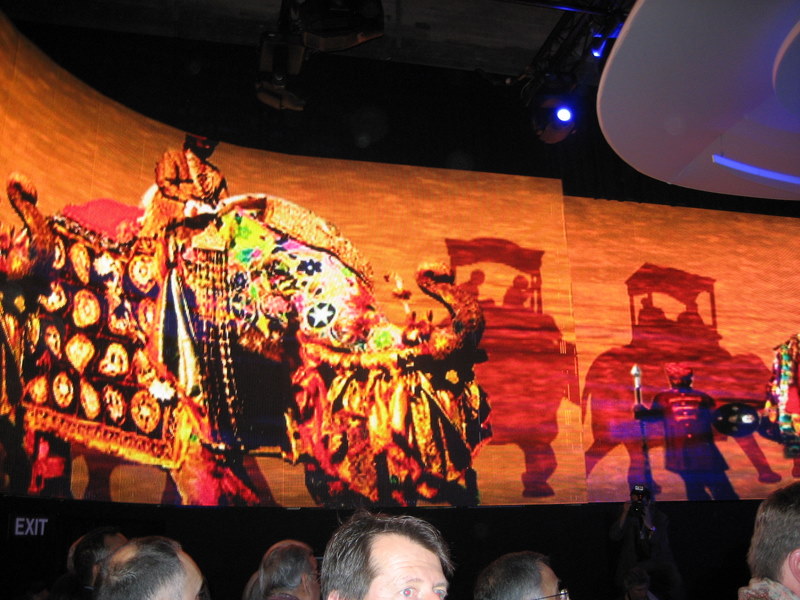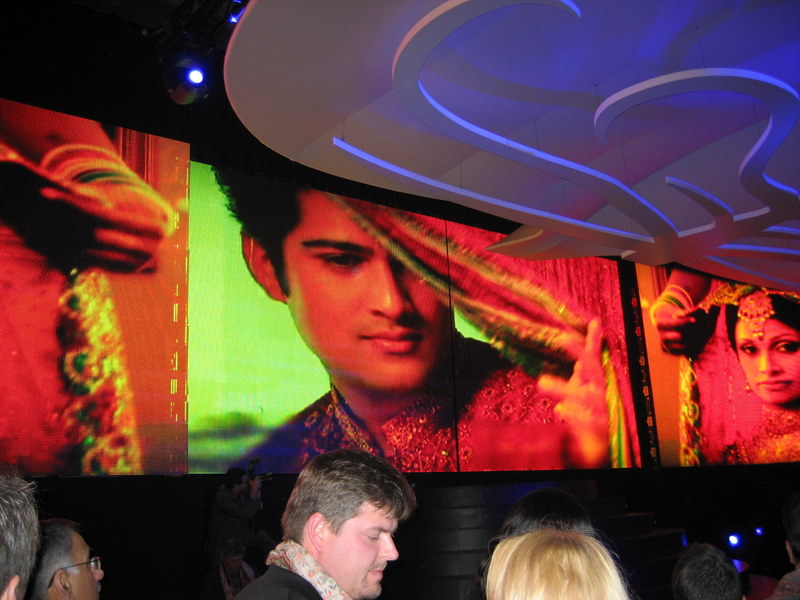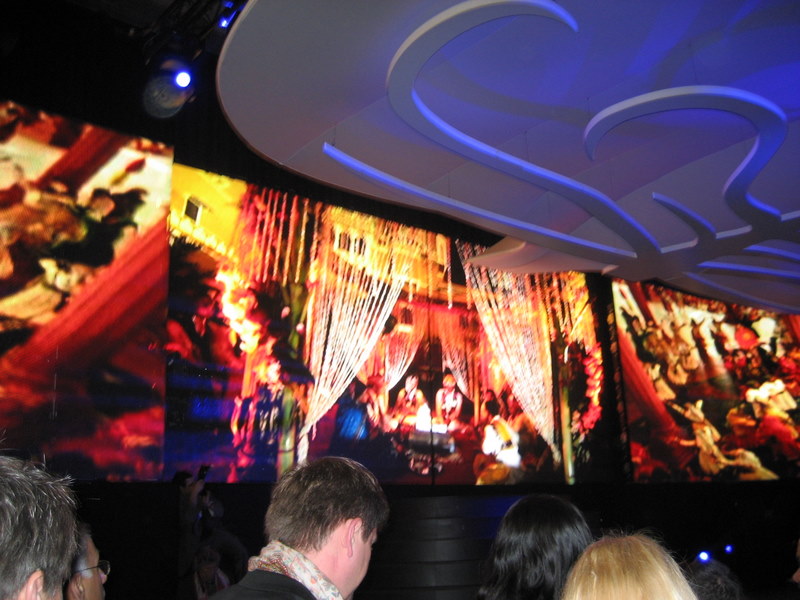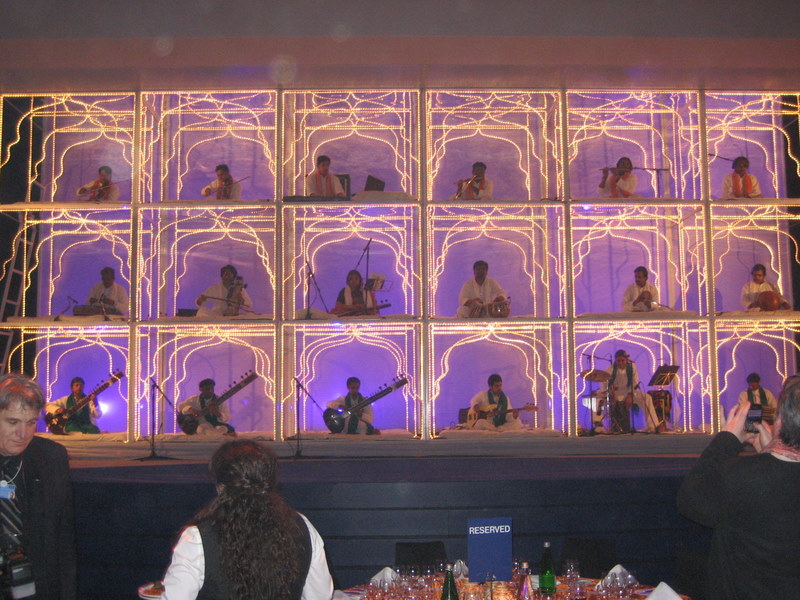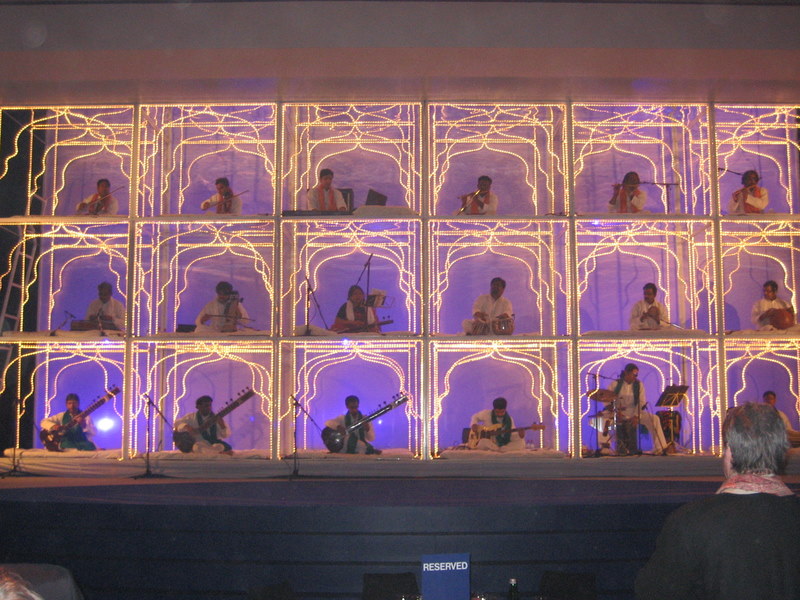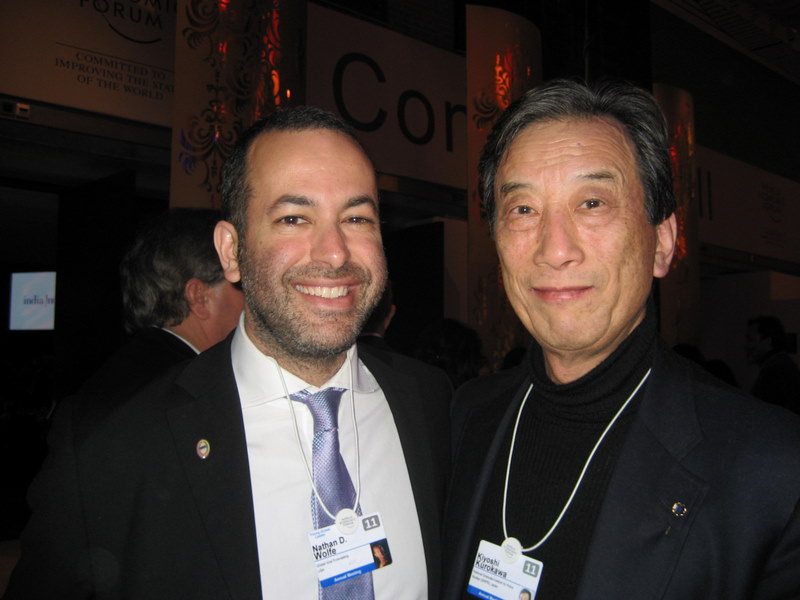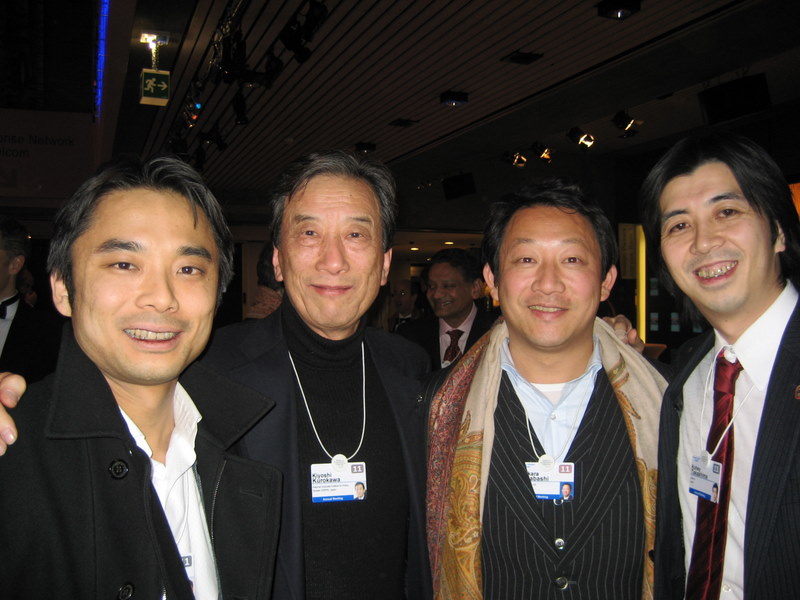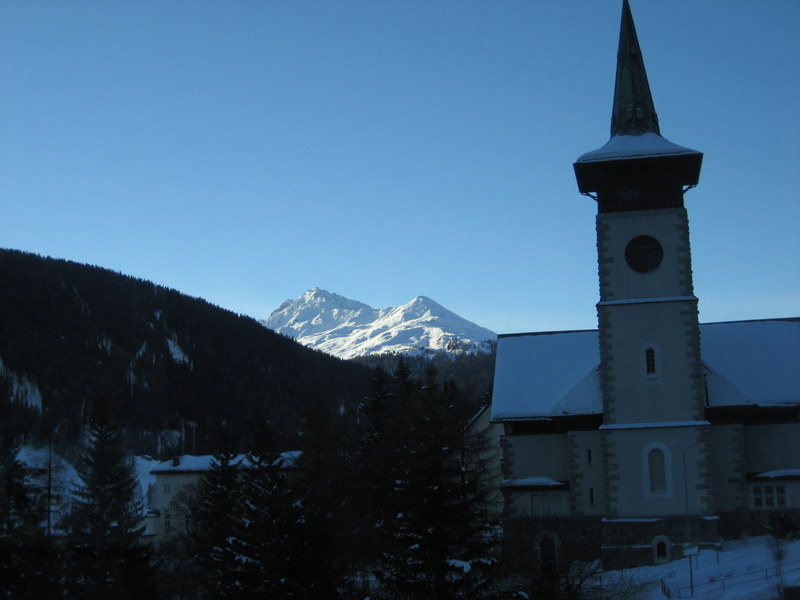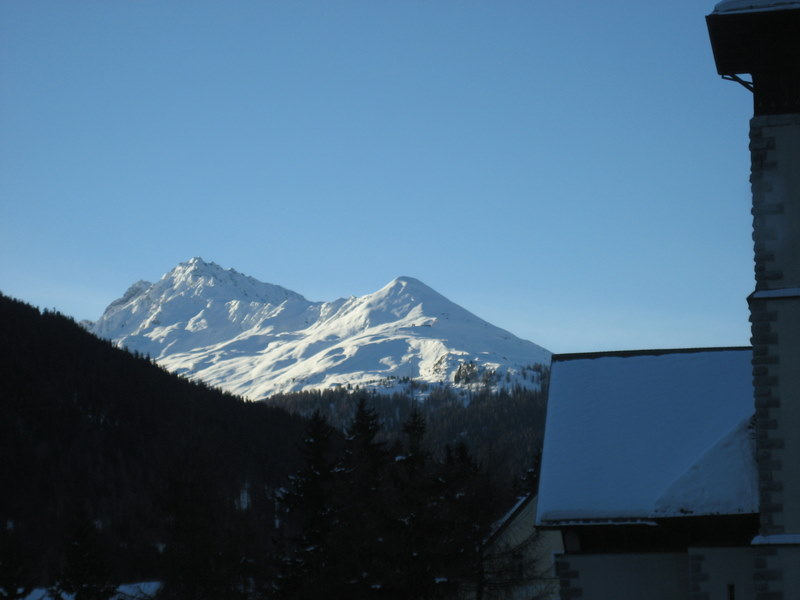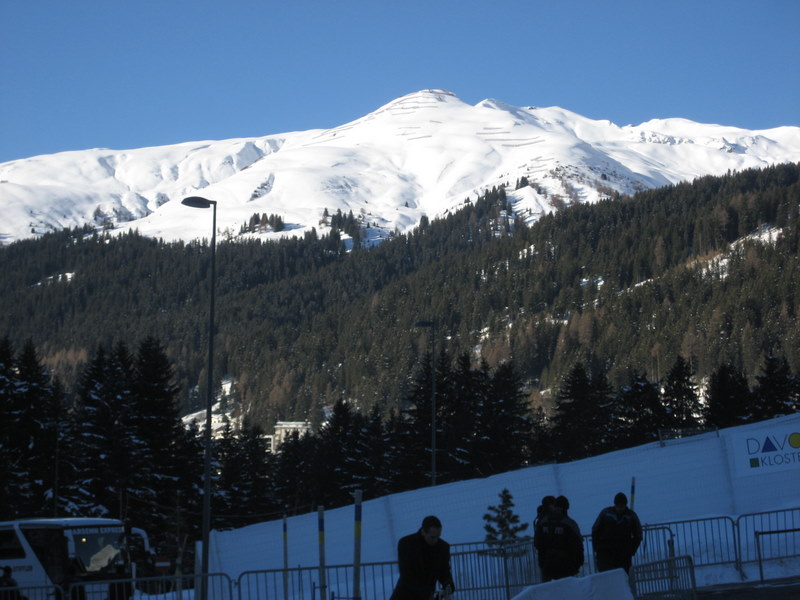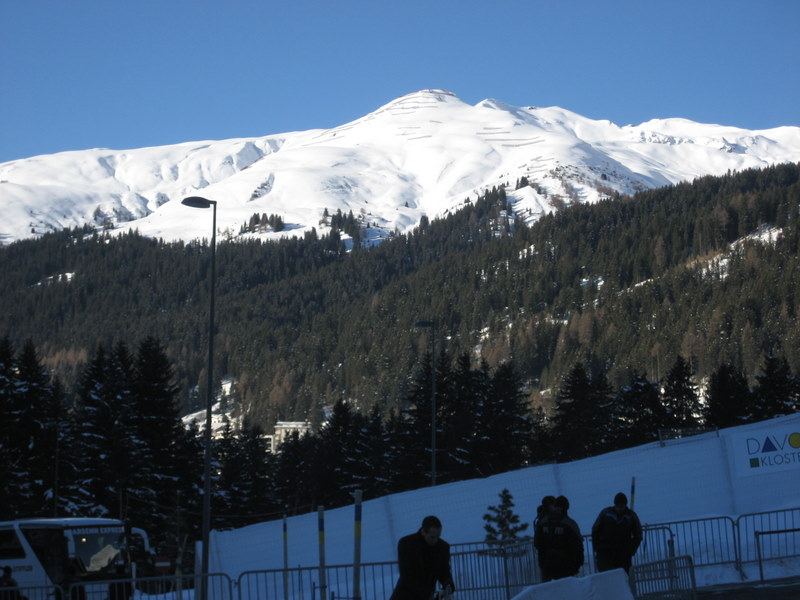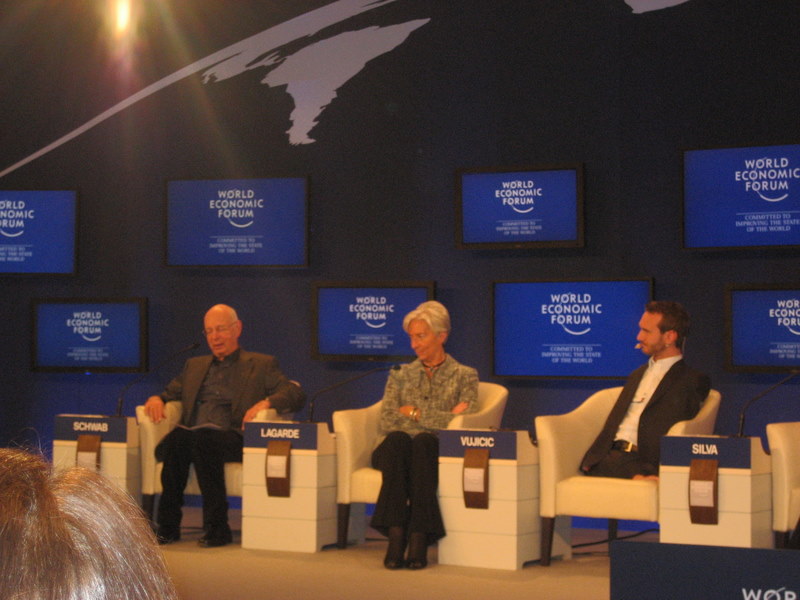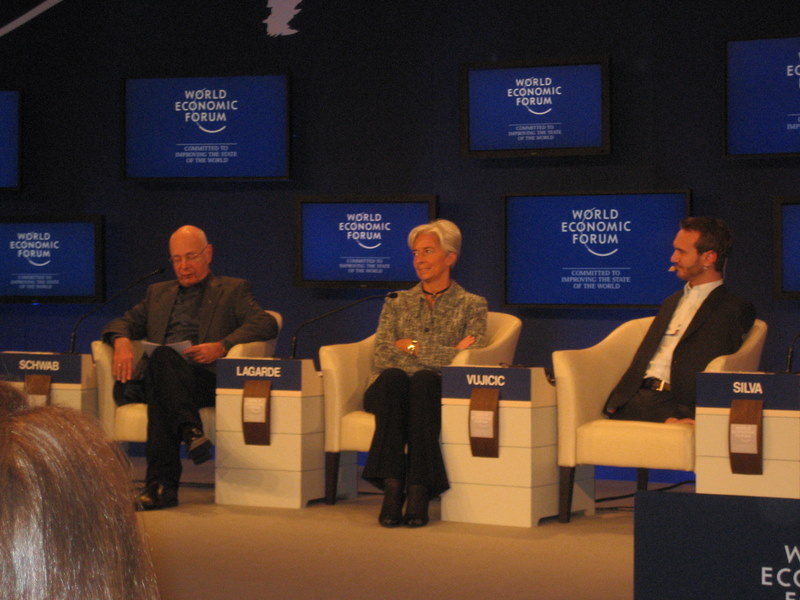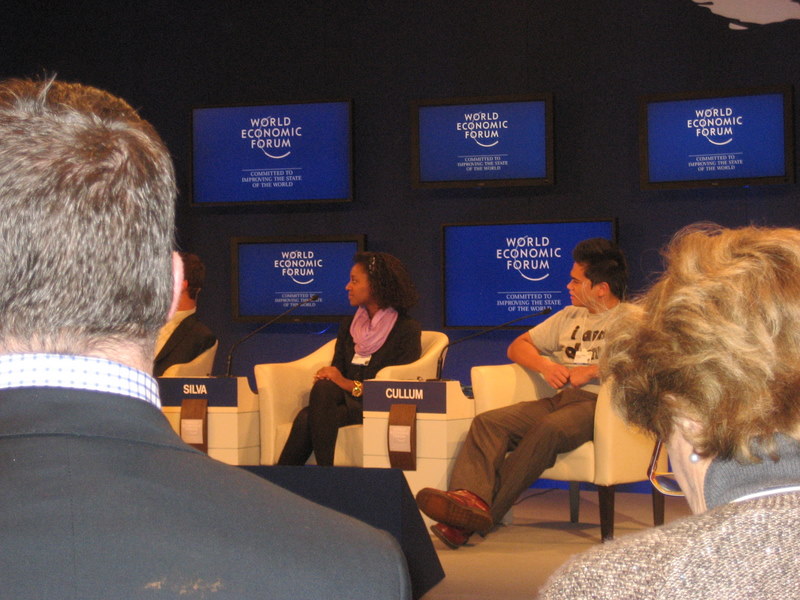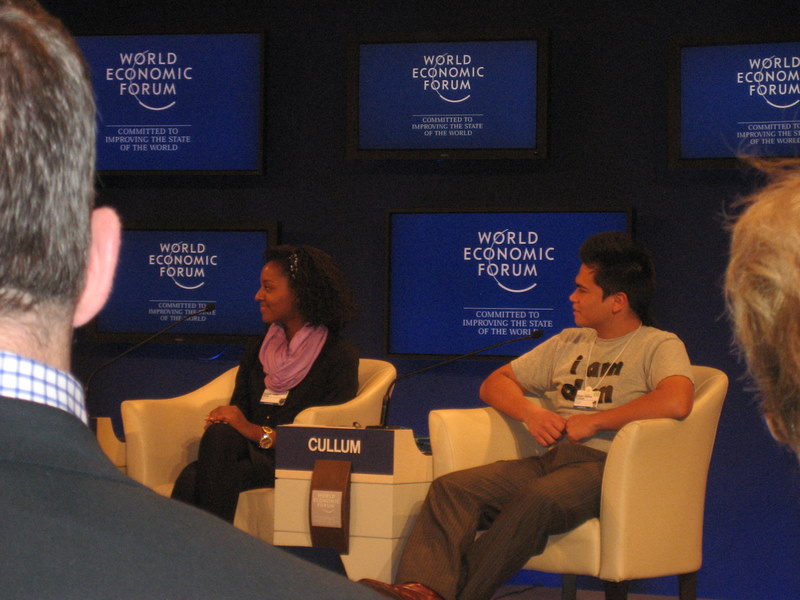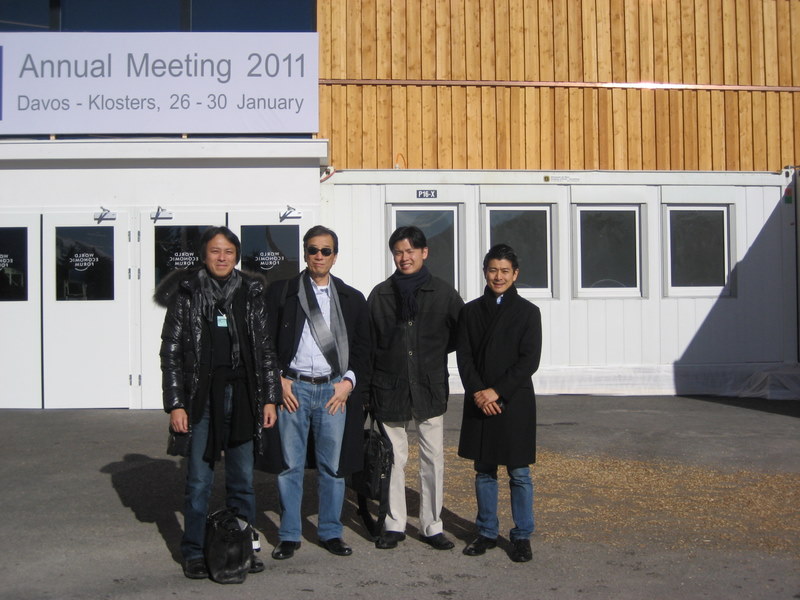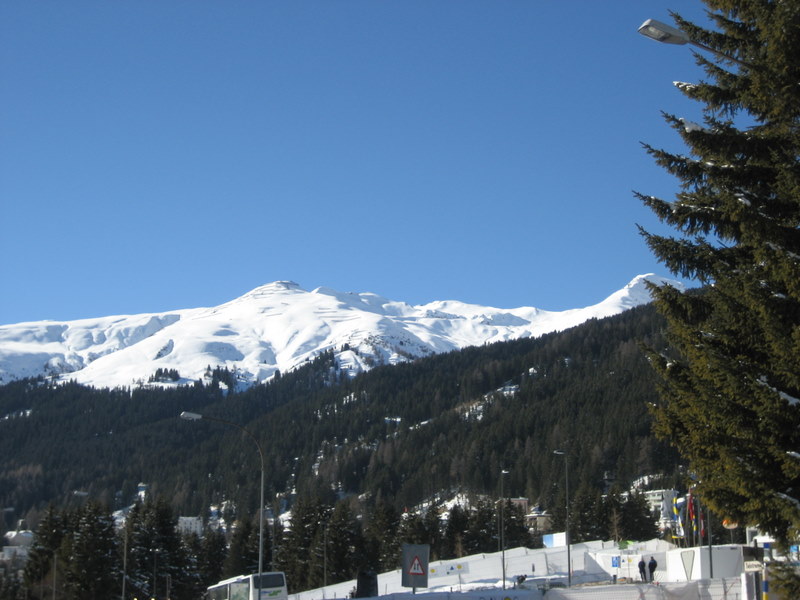East Japan Disaster and the actions of Japan to respond to this is a huge challenge which will determine the future of this nation. The 'strength' and 'weakness' of Japan have been clearly seen not only in Japan but by the people of the world. I don’t know how well Japanese people understand the background and the basis for those ‘strength’ and ‘weakness’ of Japan, but I do suspect that everyone thinks that ‘something is wrong’. It goes without saying that ‘transparency’ is the basis of trust in this flattening, interconnected global world. However, it seems that ‘Japan Inc’ is not disclosing the first hand information nor original data to the public and the stakeholders at press briefings or press conferences. Subsequently the reactions of the stakeholders will be late, which will trigger damaging their trust to the government, eventually leading to a vicious circle.
For democracy to function, it is indispensable that broad range of information be distributed widely to the citizens, so that they have options to choose from in making decisions.
In this context, I would like to share with you my experience at two unique gatherings.
One is a dinner meeting with Mr. Robert Thompson, the Editor in Chief of the Wall Street Journal (WSJ), Mr. Jacob Schlesinger, the Japan Editor in Chief, their co-workers, and 7 or so of the ‘global minded leaders’ invited from Japanese government, businesses, or academics. The discussion was heated from the beginning. Naturally so, because they have been, for a long time, concerned and working to solve the problem of Japan’s so-to-say ‘mal adaptation syndrome’ to the globalization. Since all discussions are ‘off-the ?record’, I have to have their names remain undisclosed.
By the way, participants from WSJ other than the Editor in Chief and Japan Editor in Chief, were several core staffs who all happened to be females. These staffs had a very nice impression on us. ‘This’, again, shows what we need to revitalize Japan.
Another one. Foreigners working in Japan organized a joint networking event with CCJ- Chamber of Commerce of Japan (I serve this year as the ambassador of the American Chamber of Commerce in Japan …) in support of several NGOs of disaster relief. The gathering was named ‘Giving Back to Japan’ and many Chambers of Commerce in Japan of the world participated.
I was given the honor of being invited to deliver a Keynote speech, and so chose the title of ‘Re-inventing Japan’. This disaster is a ‘crisis’, and we must make it an ‘opportunity’ for not only putting into action many ideas to ‘reform’ Japan that were raised but remained undone, but also for ‘opening up Japan’ to the world. This is the best way to honor the diseased. It is crucial that we focus on nurturing ‘Global citizens’ (Ref.1,2)in the process of helping youths build their future career. I introduced the activities of ‘Impact Japan’ which we founded for such goals. I was, in return, introduced to people working for the children in disaster hit areas such as KnK Children Without Boarders or PA International .
The reception was very successful. Another such gathering is scheduled to be held 6 months from now.
Let us cooperate with the people of the world and expand the links of networks – for ourselves and for the sake of youths, who will build the future of Japan.
